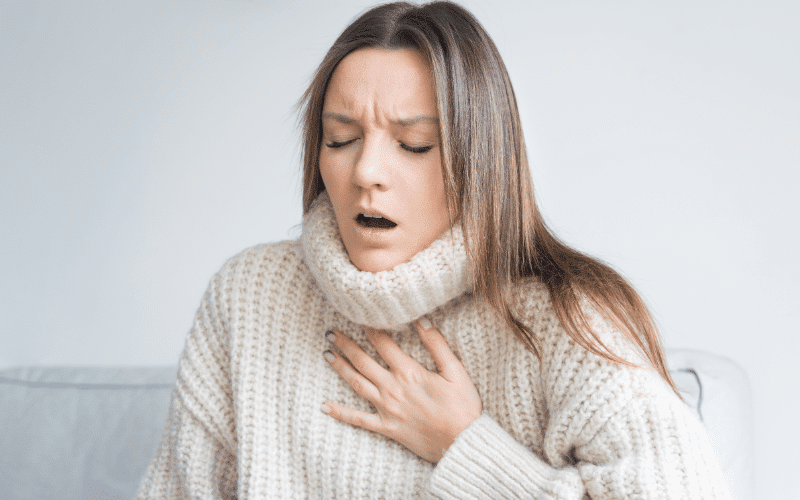Introduction: The Importance of Recognizing the Subtle Signals
Heart failure, the condition where the heart’s blood pumping efficiency decreases, is a global health concern. It can creep up on anyone, but certain factors make women more susceptible. Understanding the intricate workings of the heart and the changes when it’s not at its best is crucial. In this article, we delve into the 15 key signs and symptoms of heart failure in women. These are not just medical terms in a glossary; they are vital signals that the body sends out, signals we must not ignore.
Despite its name, heart failure does not signify a sudden stopping or “failing” of the heart. Instead, it’s a chronic, progressive condition that affects the heart’s ability to pump blood efficiently. The heart keeps working, but its output is not sufficient to meet the body’s demand for oxygen and nutrients. The repercussions of this insufficiency are widespread, leading to a range of symptoms.
The nuances of heart failure symptoms in women often go unnoticed because they can be somewhat different from those seen in men. The complexity is due to the variations in hormones, body size, and other physiological differences between the genders. Thus, understanding these symptoms is the first step in effective detection and management of heart failure in women.
Symptom 1. Shortness of Breath: An Early Warning Signal

One of the first symptoms signaling heart failure is shortness of breath, or dyspnea. It might occur during physical exertion, at rest, or while lying flat. This feeling of breathlessness could be a cause for concern, and here’s why.
In heart failure, the heart isn’t able to pump blood as effectively as it should. This inefficiency leads to the accumulation of fluid in different parts of the body, including the lungs. The condition is known as pulmonary edema, and it’s this fluid build-up that hinders the lungs’ ability to provide enough oxygen to the bloodstream.
Women experiencing dyspnea may find themselves frequently out of breath after climbing stairs or walking short distances, activities they previously performed effortlessly. Sometimes, breathlessness may wake them from sleep, a phenomenon known as paroxysmal nocturnal dyspnea. Shortness of breath may also be accompanied by a feeling of tightness in the chest, further exacerbating the discomfort.
Thus, shortness of breath, particularly if it’s progressively worsening or associated with exertion, is not a symptom to be dismissed. If you’ve noticed these signs, seeking medical advice is recommended. (1)